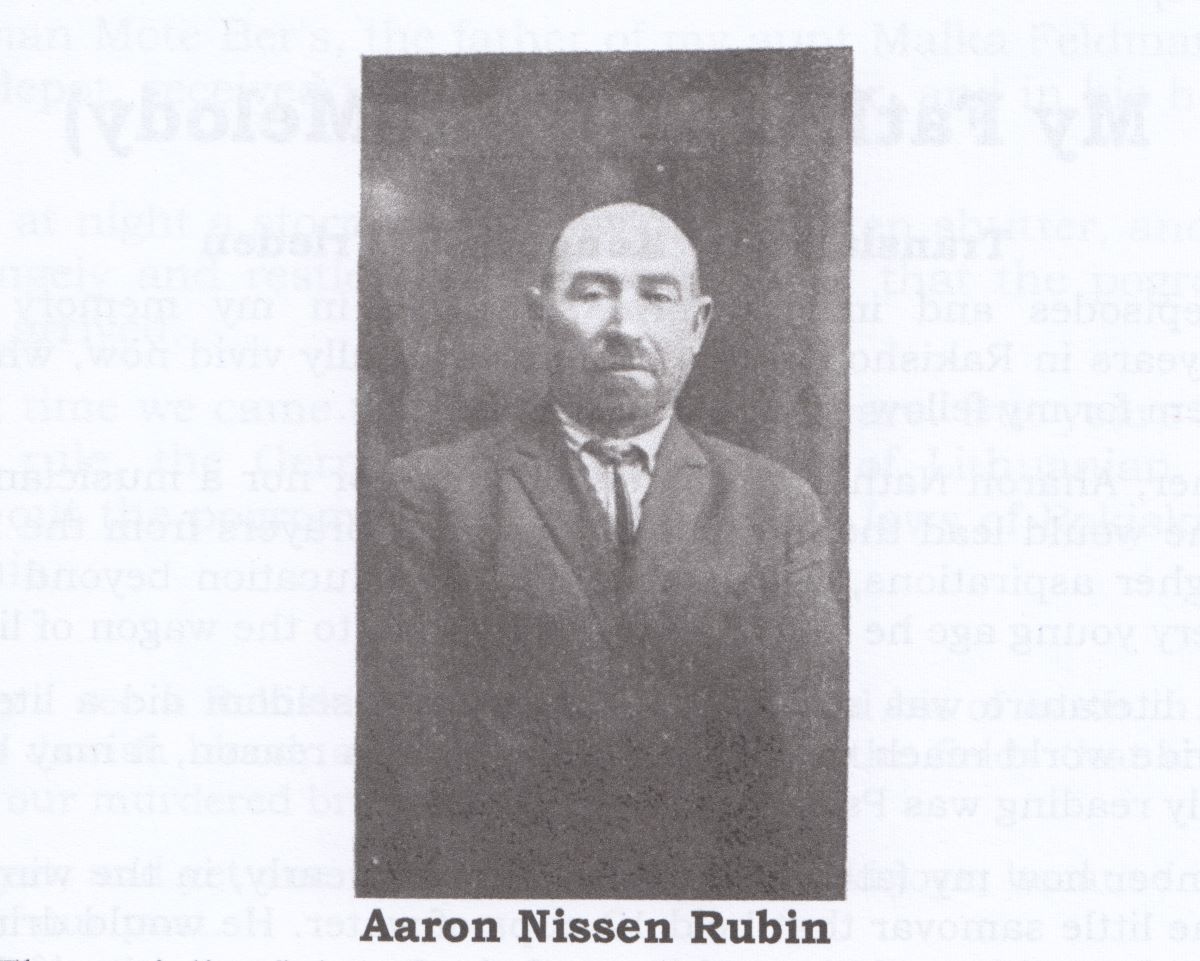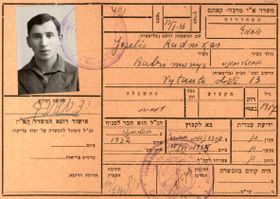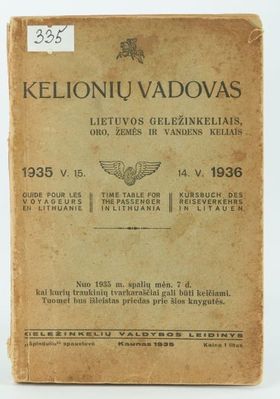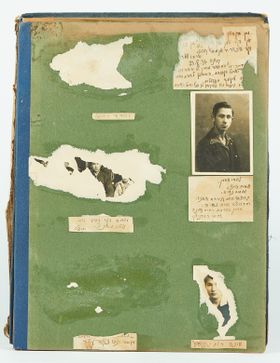Compassionate Vendor


A Fish for All
Aaron Rubin’s mornings followed a familiar routine. Rising early, before the sun, he would heat the samovar, which held enough tea for twelve cups, and settle down to recite his prayers. His devotion was so heartfelt that it often stirred his children from their peaceful sleep. Once his morning prayers were done, he would head out to sell fish.
Many simple people like Aaron lived in the shtetls, but his story stands out because of his extraordinary character. He approached his work with a philosophical outlook, believing he could contribute to greater social justice in the Rokiškis region.
His method was simple but intentional. Aaron never sold the best fish to the wealthier Jews. He would claim the fish were reserved or even hide them in advance, waiting for poorer customers to arrive. He had a deep compassion for the less fortunate and wanted them to have the chance to enjoy good meals too.
If no poor customers came by that day, he would take the fish home, even if it meant earning nothing at all.





